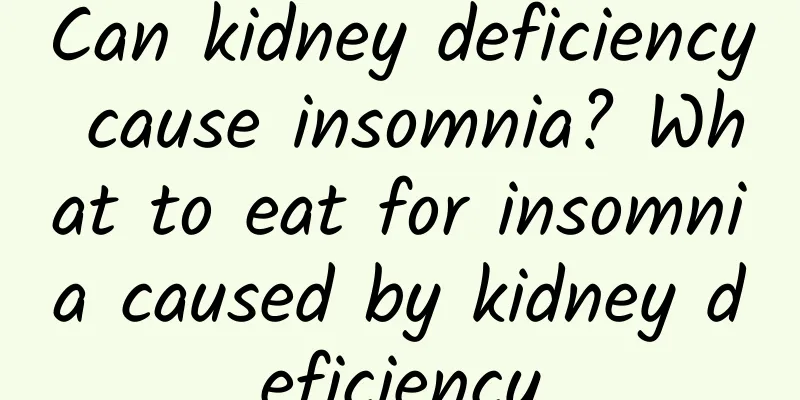Symptoms of hypoxic-ischemic encephalopathy and treatment options

|
In daily life, people should know more about the related diseases they have. The common clinical symptoms of hypoxic-ischemic encephalopathy are mainly the following. Symptoms of hypoxic-ischemic encephalopathy: Neonatal HIE may present as intrauterine distress, such as a marked decrease in fetal movement, a slowing of the fetal heart rate to <120 beats/min, and turbid amniotic fluid stained with meconium. After birth, the Apgar score is significantly low, or manifested as cyanosis of the lips, etc., and artificial respiration is required. The following abnormal neurological symptoms may appear soon after birth (within 12 hours): impaired consciousness, such as excessive excitement (irritability, limb tremors, increased spontaneous movements, long eye opening time, staring, etc.), drowsiness (crying after tapping the soles of the feet three times), dullness (crying after tapping the soles of the feet five times), and even coma; changes in limb muscle tone, such as increased, decreased, or even loose tone; abnormal primitive reflexes, such as overactive, weakened or disappeared hugging reflex, and weakened or disappeared sucking reflex. In more severe cases, there may be convulsions or frequent convulsions, and increased fontanelle tension may occur due to cerebral edema. Adult HIE will cause impaired consciousness, mental disorders, epileptic seizures, etc. after a clear history of brain tissue hypoxia. Severe cases may show symptoms of brainstem damage, manifesting as central respiratory failure symptoms such as irregular breathing, slow breathing, and apnea. Pupils may shrink or dilate, and the reaction to light may be slow or even absent. Some children may experience nystagmus. Treatment: There is still no complete and unified treatment plan for HIE. After years of clinical practice, the treatment of HIE in China has indeed improved, and the prognosis of HIE has also improved to a certain extent. The earlier the treatment of HIE is started, the better. For some severely asphyxiated children, if they become excited or irritable, or drowsy and depressed after resuscitation, the limb muscle tone and primitive reflexes should be carefully checked for changes. If they meet the clinical diagnostic basis of HIE, treatment should be started immediately. Although hypoxic-ischemic brain damage occurs in utero, it can continue to develop and even worsen after birth. Early treatment can prevent the further aggravation of hypoxic damage to nerve cells and prevent reperfusion injury from further deteriorating the condition. The most fundamental measure in treatment is to maintain the stability of the body's internal environment, maintain the normal functioning of various organs, and ensure that the metabolism of damaged nerve cells gradually recovers. On this basis, various symptomatic treatments, treatments for reperfusion injury, and brain cell metabolic activators can fully play their role. |
<<: The difference between cysts and tumors needs to be correctly distinguished
>>: Foods that produce sperm, these three have the best effects
Recommend
Symptoms of otitis externa
Our ears are very sensitive organs. Many friends ...
Dandelions and Saffron
Both dandelion and saffron can be used as medicin...
The efficacy, effects and contraindications of Angelica dahurica
Angelica dahurica is a traditional Chinese medici...
What to do if you have knee pain?
People need to walk every day, and the knee, as a...
Will enlarged tonsils cause snoring?
Modern medical research has shown that there are ...
The efficacy and function of ear root removal
Houttuynia cordata is also called fish mint, main...
Are hysterical patients self-conscious?
Patients should be aware of common diseases in li...
Chinese medicine can also be eaten as food. Eat 7 kinds of medicinal materials to make you a healthy woman.
Many people may have done a lot of research on tr...
Diarrhea in autumn
Autumn should be a season that many people like, ...
The efficacy and function of honey coltsfoot flower
In the field of Traditional Chinese Medicine, the...
Why does the skin turn red after applying Sanfutie?
From the perspective of traditional Chinese medic...
The efficacy and effects of cinnamon and its taboos
Cinnamon is the dried bark of a very common plant...
What medicine to take to prevent genital warts
Prevention of any disease is better than cure. We...
What are the effects, functions and contraindications of saffron
Rose tea is a kind of flower. Rose tea can be mad...
What is Panda Blood?
When it comes to human blood types, many friends ...









